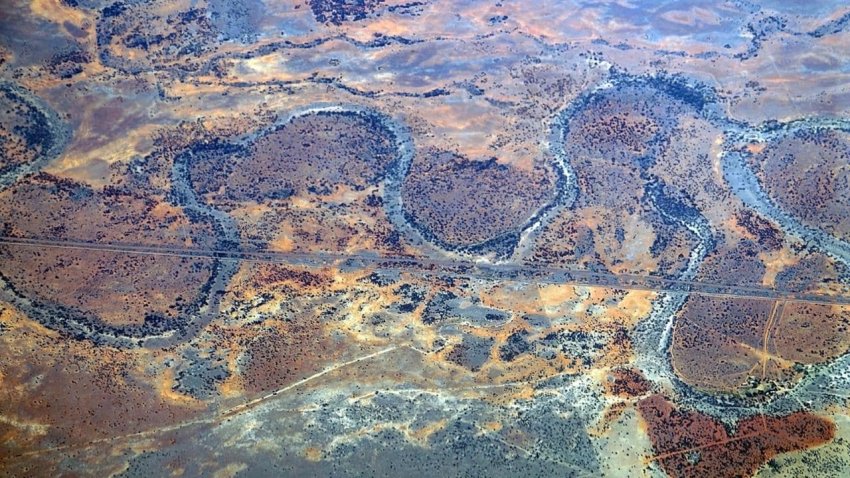Among the death and destruction left in their wake, one can observe
some positives that have come from the devastating bushfires that ripped
through New South Wales and Queensland.
One is that the conservative taboo on linking bushfire intensity and
frequency to the climate crisis has been broken. The other is that the
National Party has well and truly revealed itself to be no friend of
regional Australia.
The desperate attempt by Nationals leader Michael McCormack to
dismiss any reference to climate science as the preserve of "woke
capital-city greenies" — in stark contradiction to the clearly expressed
views of firefighting experts and people in the bush — marked a genuine
turning point.
The frantic insistence by former Nationals leader Barnaby Joyce that
the Greens bear some responsibility for the fires, even though the
Coalition has been in power for several years, both federally and in
NSW, was truly unhinged.
Once upon a time, the National Party was characterised by its "rural
socialism", a mixture of rural pork-barrelling and support for farmers.
Those days have long since gone.
It now functions as a simple sidekick for the extension of the
Liberals’ ruthless neoliberal agenda into the bush. The Nationals’
unconditional support for coal mining and billionaire cotton producers,
at the expense of the Darling River ecosystem and downstream
agricultural industries, is brutal proof that they represent
agribusiness and fossil fuel capitalists, not family farmers.
Read more...>















